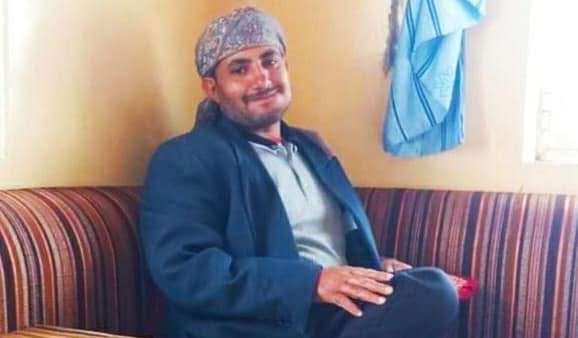

In the bustling heart of Aden, where hope and despair coexist, the life of a modest young man named Mohammed Hammoud Mabkhout Dhaif Allah Muharram was turned upside down. Mohammed, a diligent construction worker, labored tirelessly to provide for his family, never imagining he would become entangled in a series of violent events that would lead to his mysterious disappearance.
Originally from the quiet village of Bayt Al-Sibai in Al-Radhmah, Ibb Governorate, Mohammed had moved to Aden after returning from Saudi Arabia. Armed with dreams of a better future, he embraced hard work to secure financial stability for his family, including his mother, wife, and three children, who relied on his support.
One day, a seemingly minor incident at a construction site changed everything. When the building guard’s phone went missing, Mohammed suggested that the guard is searched before he left. But the guard responded with a slur, calling him a "Dehbashi" (a derogatory term for northern Yemenis), sparking a heated argument. The situation escalated further when the building owner, H.A., intervened, threatening to have Mohammed imprisoned. These threats marked the beginning of a harrowing ordeal that would ultimately lead to Mohammed’s disappearance.
Late one night, armed men stormed Mohammed’s residence, forcibly taking him to the Dar Saad police station, spurred by the building owner’s report. Desperate, his family and friends launched an exhaustive search, but their efforts yielded nothing, and anxiety only deepened as days passed without word.
After six agonizing months, Mohammed’s family received a phone call indicating he was at the Dar Saad station. They were told not to ask further questions and assured it was only a formality. Rushing to the jail, they returned empty-handed; he had already been moved to the infamous Bir Ahmed prison.
Years have since passed, and the family’s hope has gradually waned. Mohammed’s mother, exhausted and heartbroken, has pursued every lead, facing endless silence. She pleaded at government offices and appealed to officials but found only dead ends.
Today, seven years since his arrest in 2017, Mohammed’s fate remains unknown. His father passed away from grief, his mother went blind from sorrow, his wife’s health deteriorated, one of his children drowned in a reservoir, and the others left school. The family’s life has been irreversibly shattered by the disappearance of their sole provider, lost in one of Aden’s prison cells. Now, they hold onto a single hope—that they might at least learn his fate, whether he is alive or dead, so they can begin to heal and regain a measure of the peace that was taken from them the day Mohammed disappeared into Bir Ahmed, a prison that seems to consume those with no power to defend themselves.